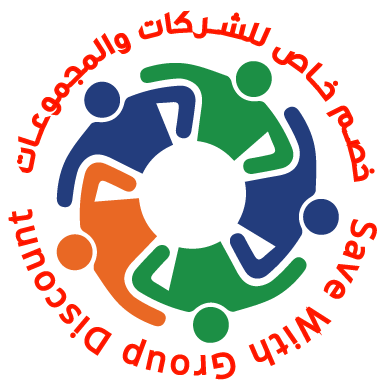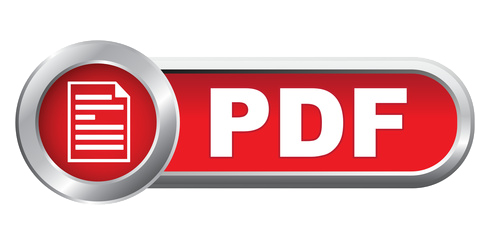Management / Personal Development Communication Skills
Organizational Trust
MC242
No Schedule Course Found, You can Request Schedule or ask for a proposal to get as in-House for your team. Request eProposale
Competition, globalization, resource scarcity, and innovation are business terms that define any organization's performance and affect its profitability and growth.
Traditional thinking of Strategy X Execution= Results does no longer stand the test of our reality. Trust has become a performance multiplier that affects organizational performance. Trust, or lack of it, affects the performance of any organization as a positive or negative multiplier.
This course examines the definition of trust on a personal and institutional level, analyzes the 4 core values that constitute trust, and further breaks it down to personal behaviors that affect the workplace. Using multiple exercises and discussions the participants will be introduced to the concept of "cycle of commitment" and how to use it in the daily life of any professionals or managers of any organization. Establishing, growing, and extending trust is the target of any organization, however dealing with trust betrayal before it happens and after it happens and mending the broken trust are skills that must be developed and nurtured among colleagues, customers and suppliers.
Today's teams are diverse; they come from different cultures, geographies and backgrounds. The challenge is to create a high trust culture and build on it. This will get things done faster, which is translated to reducing expenses and increasing quality and loyalty.
In this course, we’ll learnhow trust improves relationships at all levels, andwe’ll learn how to exemplify the characteristics andbehaviors of a trustworthy person. We’ll look at howyour team can embody those traits and ultimatelyreduce the stress that often results from low levelsof trust, improve your reputation, and increase teammembers’ productivity, innovation, and ability towork effectively with others both within and outsideof the organization.
Supervisors, managers, team and project leaders, whether to solve problems, come up with new initiatives, initiate and introduce changes, or deal with personal or organizational issues in non-conventional ways.
The Big Picture
- What is Trust?
- Where does trust come from?
- Characteristics of trust and distrust
Why is trust important to organizations?
- The benefits of working with trust
- The trust equation
- How one company saved hundreds of millions by working in a high trust environment?
- The advantage of high trust environment:
- The disadvantage of low trust environment: Trust as a Performance Multiplier
- The Myth and Reality of Trust
Assessingyour organizations trust levels
- Signs of trust & distrust:
- Trust Assessment Questionnaire Part 1
- Trust Assessment Questionnaire Part 2
- Trust Assessment Questionnaire Part 3
- Trust Assessment Questionnaire Part 4
Basic Components of trust (Character and Competence)
- Character
- SINCERITY/INTEGRITY
- INTENT:The 5 why’s method to reach the root cause
- Competence
- Capabilities (STAKS):Skills, Talents, Attitude, Knowledge, and Style
- Results
The 13 behaviors that inspire and build trust
- Talk Straight
- Demonstrate Care and Respect
- Create Transparency
- Correct the wrong
- Show Loyalty
- Deliver Results
- Get Better Behavior
- Confront Reality
- ClariJY Expectations
- Practice accountability
- Listen First
- Keep Your Commitments
- Extend Trust
- Evaluate your 13 behaviors
The Cycle of Commitment
- Diagnose your organization performance using the cycle of commitment
- Types of Requests
- Types of Response
Building and Betraying Trust
- How to Confront Distrust?
- How You Say It Counts
- Do the following before you start a conversation with the distrusted person
- Five Steps to Confrontation
How to confront different kinds of trust betrayal
- Example of a Conversation to Confront Betrayal of Integrity and Sincerity
- Example of a Conversation to Confront Betrayal of Results
- Example of a Conversation to Confront Betrayal of Competence
- Example of a Conversation to Confront Betrayal of intent and Care
This course uses a mix of interactive techniques which, in addition to brief presentations by the consultant, include self awareness tests, exercises using newly learned creative techniques, games, lateral thinking exercises and puzzles, casestudies, and video clips with extensive debriefs.
Terms & Conditions
ACTrain reserves the right to alter the Course Schedule without Prior Notification, Fees Quoted are Subject to Terms & Conditions Outlined in ACTrain's Registration Policy







